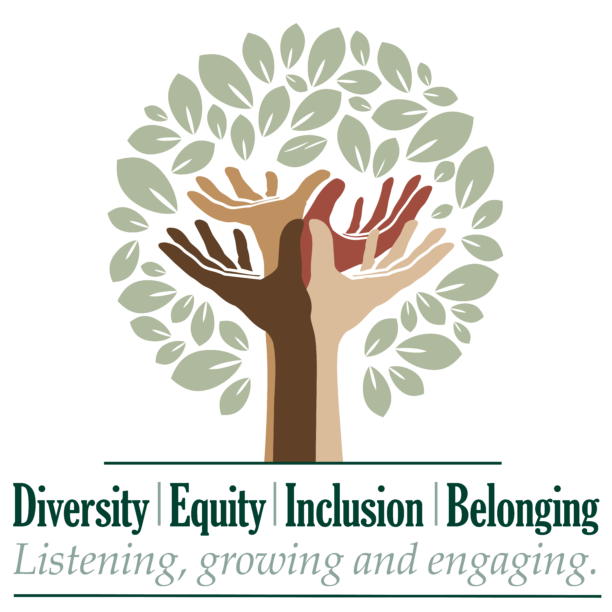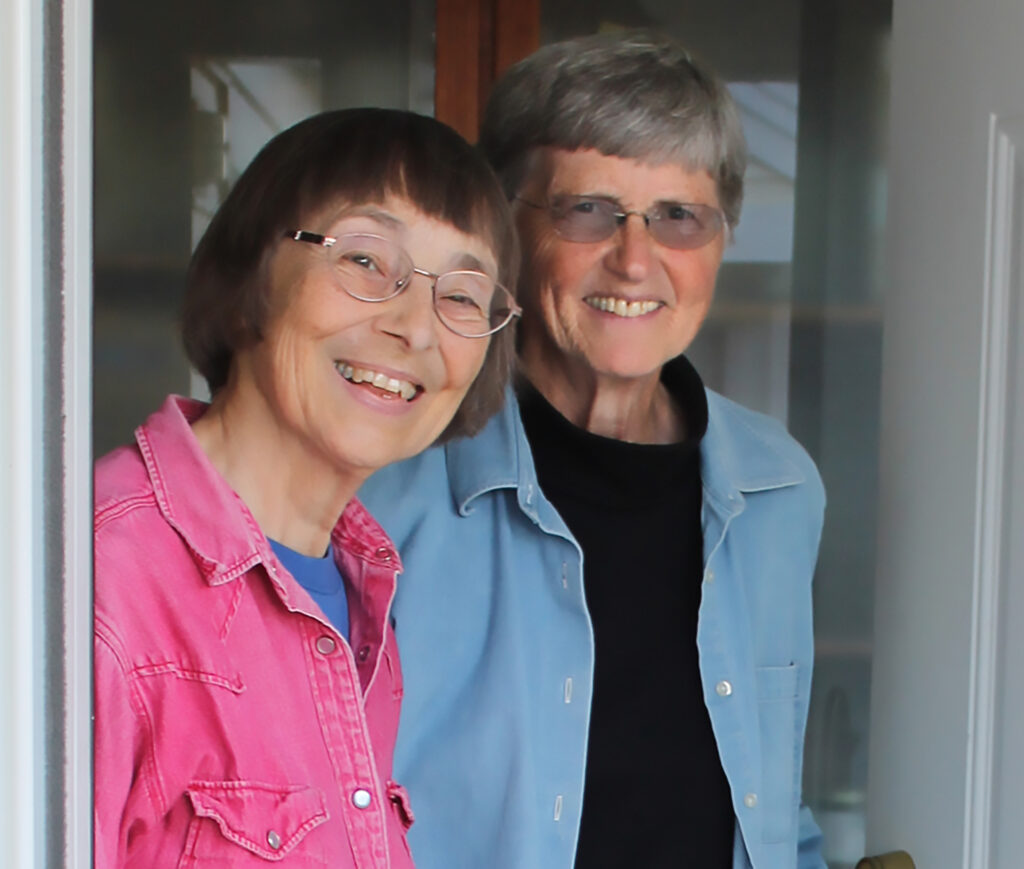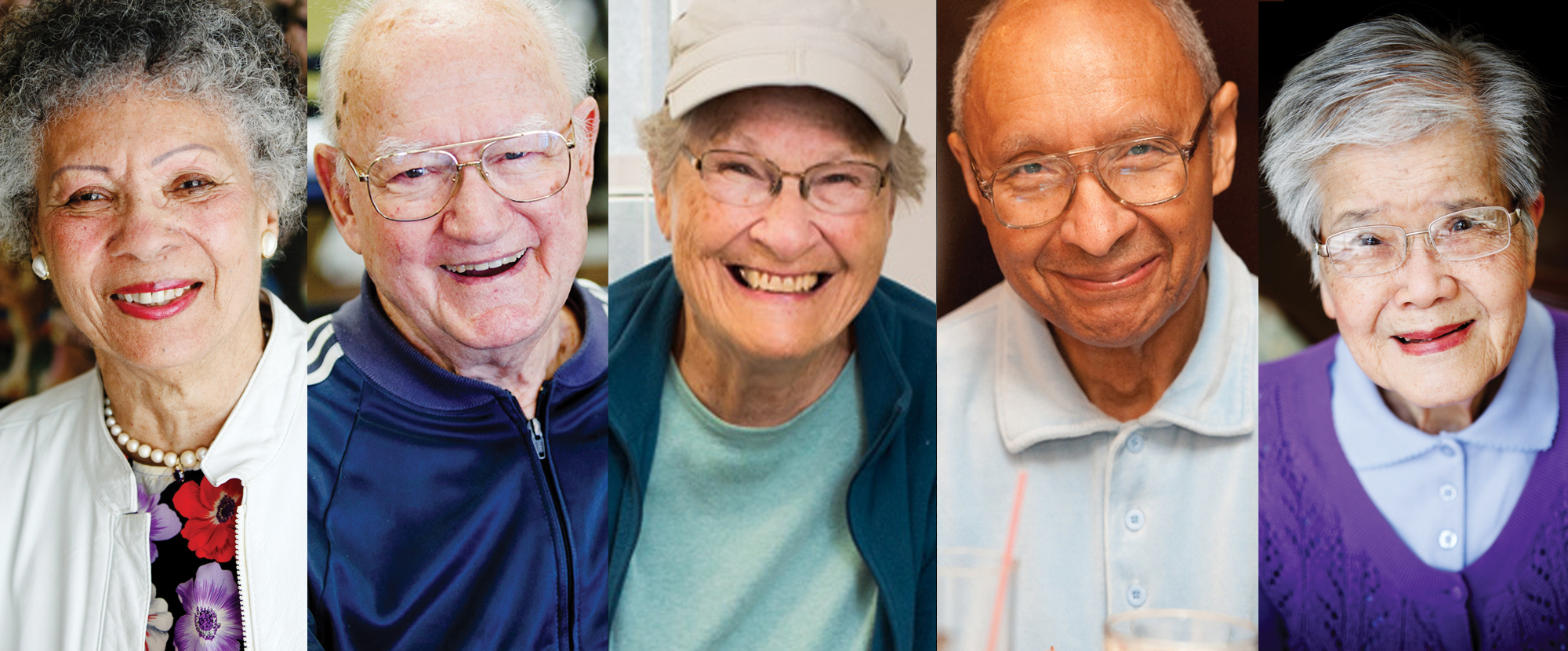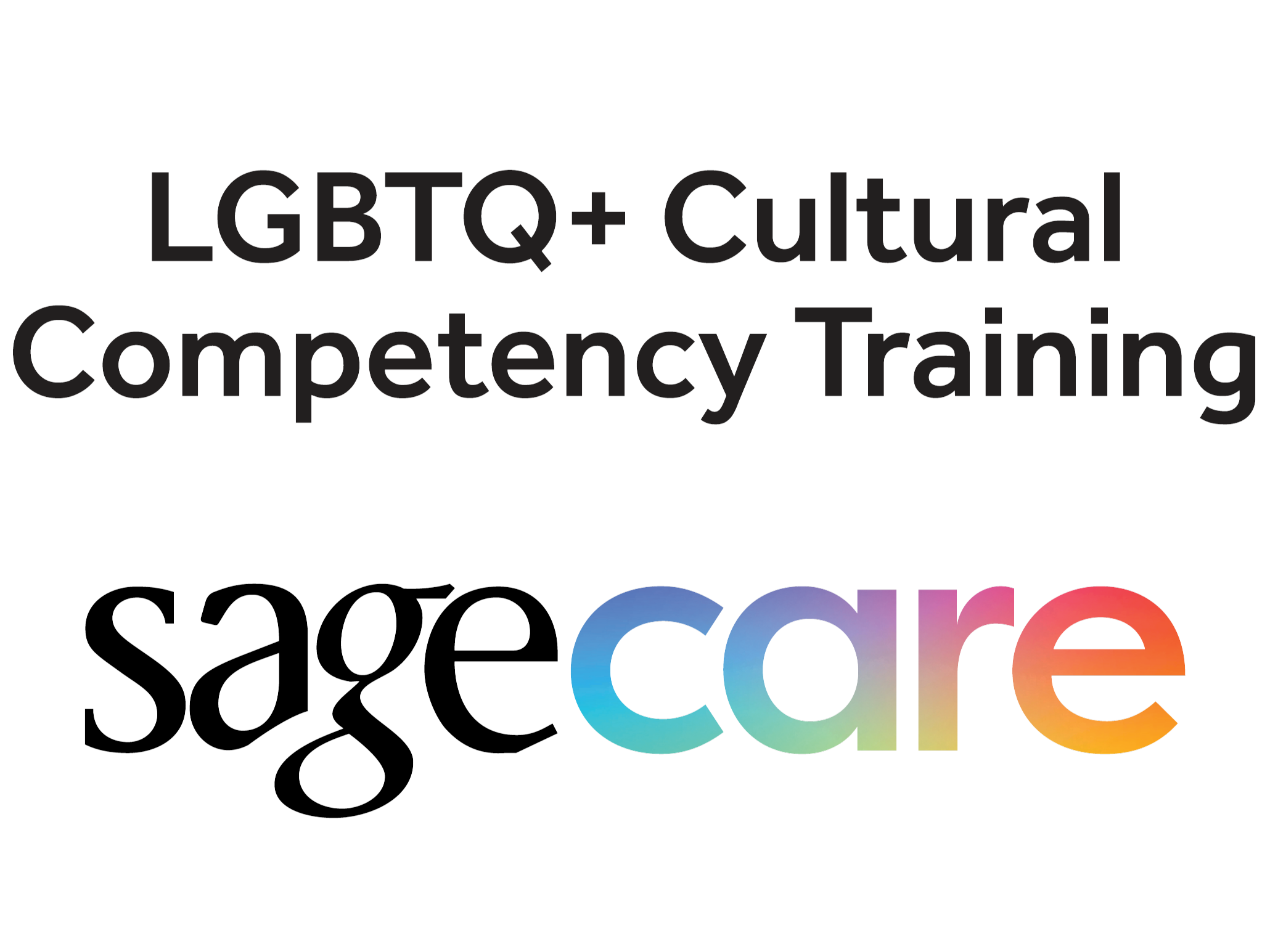Kendal Diversity, Equity, Inclusion, and Belonging

Kendal strives to create a safe, non-judgmental space for all individuals to be their true selves. In alignment with our Quaker Roots and Values, we aim to cultivate an environment of compassion and acceptance, psychological safety, trust, and belonging.
We believe that creating this environment is our shared responsibility and enables our culture to come alive through the lived expression of our values.
We know we have progress to make, as does all of society, and we welcome diversity in these and other ways:
- Welcoming residents and their families from all cultures and backgrounds.
- Creating and maintaining a workplace where diversity and inclusion are practiced.
- Forming outreach relationships with local, diverse groups.
- Promoting diversity initiatives at both the corporate and affiliate levels.
The Kendal System – Welcoming Diversity and Inclusion Video
Please enjoy this video, which includes real examples of the strength and beauty of being one’s true self at Kendal, how individuals feel connected and how they find affinity with one another in the community. Together, we are transforming the experience of aging.
Diversity News

Promoting a Culture of Acceptance & Belonging for Residents and Employees Where:
- All differences and uniqueness are recognized and valued
- All individuals are welcomed, respected, and treated equitably
- Everyone’s unique stories, needs, and perspectives are valued and heard
- Every individual has a seat at the table and a voice that is heard
- Every voice can be authentically expressed, and individuals can bring their true selves to the table without any cost to their identity
- Individuals feel connected and find affinity with one other
DEIB Pillars
The DEIB Pillars below represent the shared core concepts, beliefs and actions that help us promote and nurture Diversity, Equity, Inclusion, and Belonging throughout the Kendal community.

STRUCTURAL INCLUSION:
DEIB efforts are integrated throughout all Kendal business operations and are reflected in the makeup of every policy, practice, decision, communication and interaction.

WELCOMING AND INCLUSIVE ENVIRONMENT
Diversity is recognized in the broadest of terms and we look to cultivate environments that welcome all people and where individuals can be their true self.

NON-JUDGMENTAL INQUIRY
We see, treat and value each unique person and are committed to expressing respect for every individual as we approach every interaction with curiosity, dignity and seeking to understand without judgment.

OPEN COMMUNICATION
A sense of integrity and community is prioritized and preserved through clear, direct, respectful and open communication.

SHARING OUR MISSION
We seek to strengthen the field of senior living and aging services as a whole and by sharing our Values and Practices, we hope our experience will benefit others.
Meaning
Diversity, Equity, Inclusion, and Belonging (DEIB) is an expansion to concept known as DEI. DEI is based on the values of diversity (valuing people with a range of social identities), equity (creating systems that ensure equal access), and inclusion (ensuring all voices are heard).
DEIB recognizes the promotion of a sense of belonging enables opportunities for all.
Diversity is defined in the broadest sense, including • age, gender, gender identity, sexual orientation • ethnic and racial background, language, country of origin, religious and spiritual values, geographical location • family status, education, socio-economic status • cognitive and physical abilities • seniority, organizational function and background • any other perceived differences




